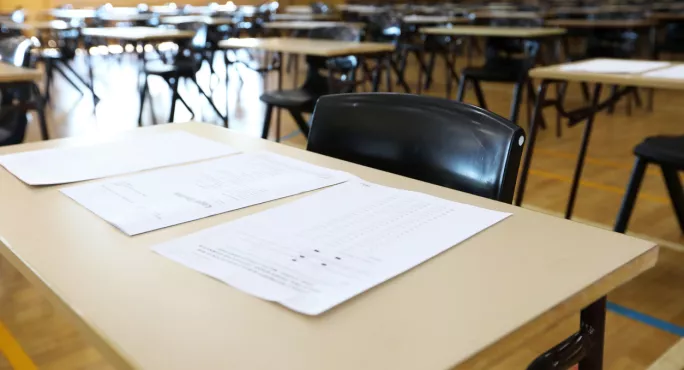Ofqual has said there will be no minimum requirement for how much content a student has studied for their GCSE or A-level grades this year.
In its published analysis of responses to its consultation on grading, the regulator said “we are setting no requirements for the assessment of a minimum proportion of overall content”.
“Two-thirds (66 per cent) of respondents agreed that teachers should be required to assess a certain minimum proportion of the overall content,” the document says.
News: GCSEs 2021: Teacher-assessed grades get green light
Related: GCSEs 2021: ‘Excessive grade inflation’ warning
GCSEs 2021: Teachers relieved of appeals burden
“However,” it adds, “it would be difficult to precisely define or measure content coverage - different topics and subtopics in a specification are not necessarily equal in teaching time or in the types of questions that can be asked.”
The regulator said that during a normal exam year “there is an expectation that students will have been taught the whole curriculum, exam papers will sample from that”.
“Students will sometimes have a choice of questions, or they might not answer all compulsory questions,” the regulator said.
“There is, therefore, no absolute minimum in a normal year. Setting a threshold would potentially mean that students who did not meet that threshold, through no fault of their own, could not get a grade, which could be unfair.
“It is important that students have been taught enough content to enable them to progress to the next stage of their education or to employment, but it is difficult to define precisely what that means for individual students who will have different planned progression routes.”




